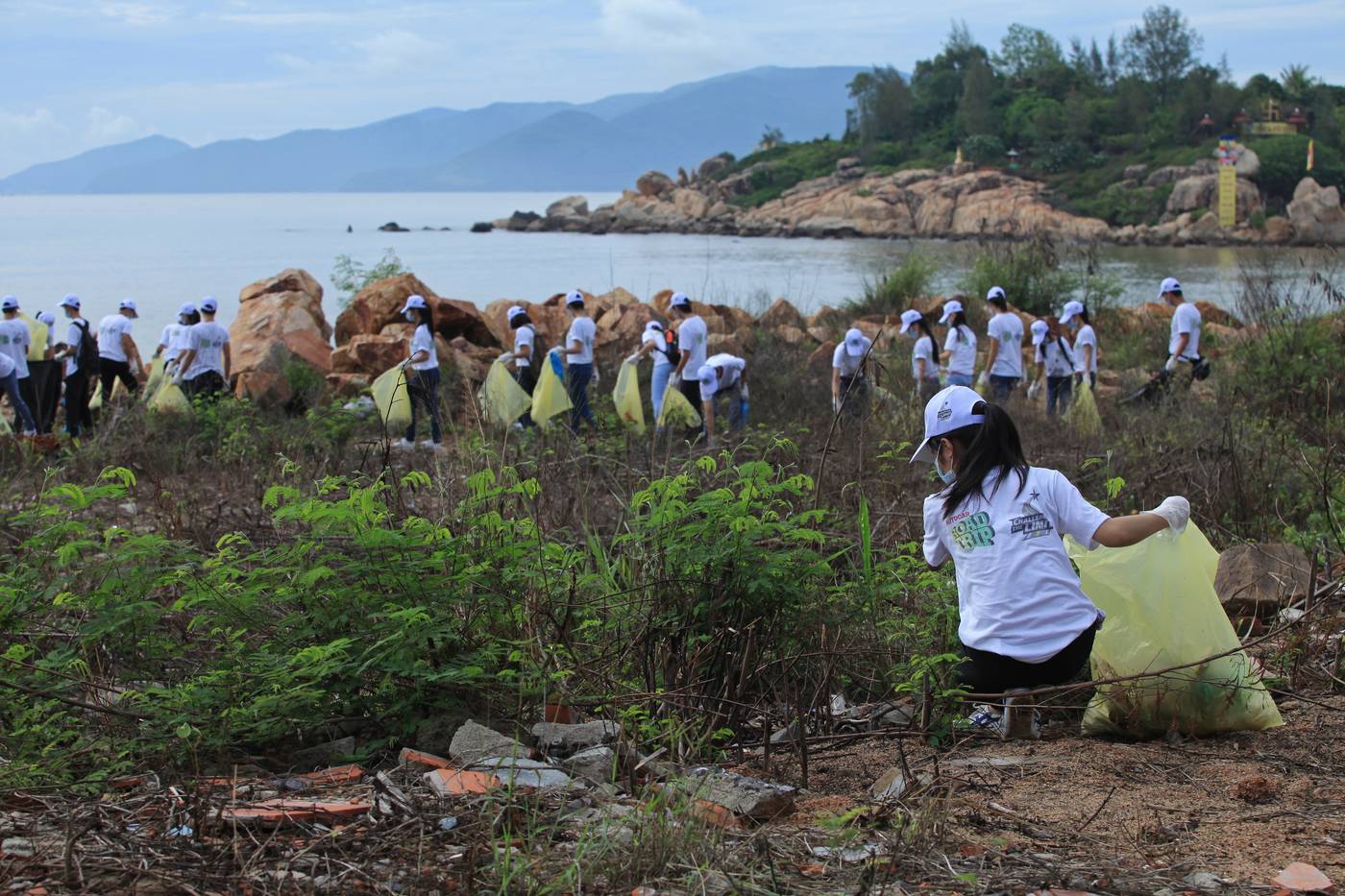
HOW CAN YOU TAKE YOUR TRAVEL EXPERIENCE TO THE NEXT LEVEL (USEFUL TIPS FOR TRUE TRAVELLERS)
The Western societies have mass media at their disposal, which means that we are fully aware of what is happening in the world far away from our homes. Moreover, we have all the essential resources to live peaceful, happy lives. We still often miss something.
We all are conscious of the fact that there are people, often even the entire nations, that do not have access to the basics, and many areas suffer from devastating natural disasters. Yet, we turn a blind eye.
Solidarity and unity are some of the most important merits and virtues of humanity. To feel like humans, we need to lend a helping hand when necessary. For the sake of ourselves and for the sake of a better world. But how to volunteer?
BENEFITS OF VOLUNTEERING
- Actively involving in the worlds happening makes one grow as a person
- Boosting self-esteem and confidence
- Gaining new skills and knowledge
- Creating a sense of community, meeting virtuous people and building lifelong friendships
- Improving physical and mental health
- Feeling good after a meaningful action and its positive impact on our life
- Experiencing great achievement and life-satisfaction
HOW TO VOLUNTEER?
The majority of people prefer to contribute via donation, however, there have been records of fraud and existence of fake charity organizations. Therefore, the most effective way of helping is to take action and “do it in person”. There is a number of opportunities worldwide and plenty of various volunteering programs to join in.
Volunteering abroad/overseas gives you a chance to share your skills and enthusiasm, while immersing yourself in a unique culture, discovering new places and contributing to a good cause. Sadly, the price tags on some programs scare many people off before they even start. Particularly, participation in big organization projects and short-term volunteering programs can cost a lot of money. However, if you have specific skills to offer, it will be much easier to find a “lower cost” option.
The most wanted areas/jobs are:
- Child Care and Teaching (orphanage houses, teaching English language)
- Health Care and Medicine (hospitals, first aid, war and conflict zones)
- Animal Care (looking after abandoned animals and helping to protect endangered species)
- Building and Re-building (undeveloped regions or areas affected by natural disasters)
- Environment and Conservation
- Law and Human Rights (fighting against human trafficking, discrimination, etc.)
Countries and regions in need of help: Nepal, Cambodia, Vietnam, India, Indonesia, Bangladesh, Sri Lanka, the African continent, Central America, Peru, Bolivia, Venezuela, Colombia
For more information about global volunteering visit http://globalworkandtravel.com/volunteer/
There are numerous free volunteer programs run by smaller local companies and you might still need to pay for housing, food, and airfare, depending on the agreement. Some of them get funding from local governments and that allows volunteers to take part without paying any fees. NOTE that these are typically long-term projects in fairly undeveloped areas and require commitment.
For free volunteering go to http://www.freevolunteering.net/
WWOOF
‘Willing workers on organic farms’ is a reliable worldwide organization, that facilitates placement of volunteers on organic farms. Volunteers then exchange their farm work (usually 4-6 hours a day) for food and accommodation. This is an excellent opportunity to learn about organic growing and gardening, as well as trying to live in a rural setting and interact with WWOOF-ers from other countries. Is a particular kind of volunteering, based on a rather short-term stay. It is a popular way of travelling for young people as it often requires a good physical condition.
The most common jobs are at fruit and vegetable farms, coffee and tea plantations, spice and silk farms, pearl and fish farms, animal farms and others.
You will need to become a WWOOF member to be able to participate http://www.wwoof.net/
TEACH ENGLISH WHILST TRAVELLING
Unfortunately, most of the volunteering programs charge a fee for joining in. Also, you will need to have some skills and meet certain requirements to be accepted, which can often be discouraging.
However, there is a great alternative that allows paid work, usually in developing countries. Teaching English in non-English speaking countries have become extremely popular, as it is a smart way how to travel and work at the same time.
TESOL, TEFL, CELTA skilled teachers are wanted almost everywhere in the world. The courses are to be undertaken online or in-class, in 4-6 week time, at the teaching qualification centres throughout the world. Having reached the qualification, the TESOL, TEFL or CELTA organization will commonly help the graduates to find paid employment in the country where you completed the course – so make sure you pick the country you like!
The TESOL/TEFL/CELTA course prices vary from country to country; $2000-6000 USD per course (accommodation and meals are normally included).
NOTE
Some areas (typically the popular and developed countries, e.g. Western Europe) will exclusively hire native English speakers who completed either of the above-mentioned courses. Therefore, the non-native English-speaking students are recommended to undertake such a course in countries where the demand for this type of teachers is high (e.g. Eastern Europe, Southeast Asia, Middle East).
Areas with the greatest demand for the qualified TESOL/TEFL/CELTA teachers are:
- Asia: Thailand, Vietnam, Nepal, China, Japan, Taiwan, South Korea
- The Middle East: Dubai, Abu Dhabi, Qatar, Oman
- Europe: Spain, Italy, Turkey
- Africa: Morocco, Kenya, Rwanda, Senegal, South Africa
- South America: Brazil, Argentina, Ecuador
- Central America: Costa Rica, Mexico, Guatemala, Nicaragua
Find more information at:

















